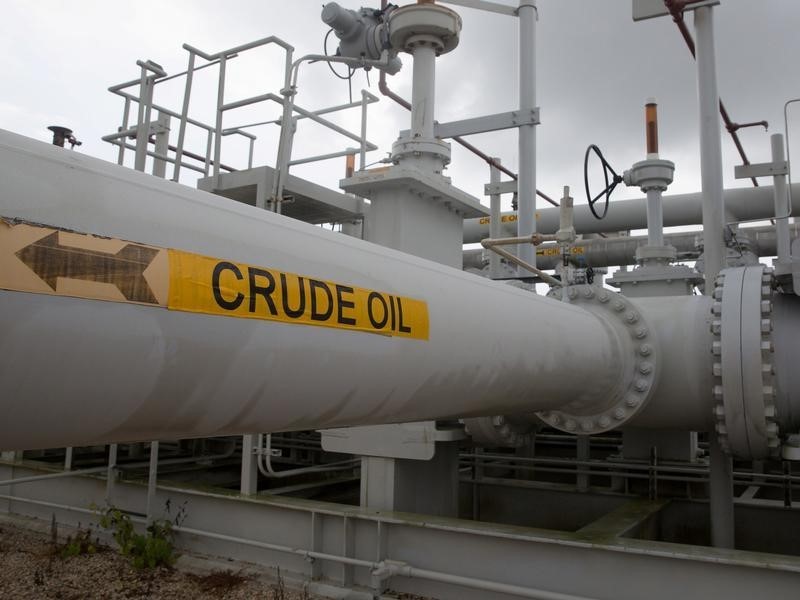(Bloomberg) -- Oil edged lower from a two-month high after news of fresh coronavirus restrictions in New York reignited pessimism on the demand outlook, even as a vaccine appears to be getting closer.
Futures slipped 0.4% in New York after rising 0.9% on Wednesday. The market gave up some gains in early Asian trading after New York City shut schools because of rising infections. Prices had surged after Pfizer Inc. (NYSE:PFE) said a final analysis of clinical-trial data indicated its Covid-19 vaccine was 95% effective, spurring hopes for an eventual rebound in consumption.
U.S. crude stockpiles, meanwhile, posted a smaller-than-expected gain last week, according to the Energy Information Administration.
Vaccine-related developments have helped drive oil prices to the upper end of its recent trading range, but further gains have been limited as a resurgent coronavirus in the U.S. and Europe leads to renewed restrictions. Only 35% of Americans will be taking to the roads this year during the Thanksgiving holiday, compared to 65% last year, according to GasBuddy. In Europe, road use also continues to decline.
The overall price structure of the market is also showing strength, with the spread between WTI’s December 2021 and December 2022 contract at its firmest since February.
The EIA report showed U.S. crude stockpiles increased by 769,000 barrels last week, compared with an expected gain of 1.6 million barrels in a Bloomberg survey. Gasoline inventories rose, while distillate supplies decreased by more than 5 million barrels last week.
Meanwhile, OPEC+ is facing mounting tension at a time when the producer group is debating whether to delay a planned output increase for January. Officials from the United Arab Emirates privately floated the idea of considering leaving the alliance, with policy makers growing increasingly frustrated by what they see as an unfair allocation of production targets.
©2020 Bloomberg L.P.
